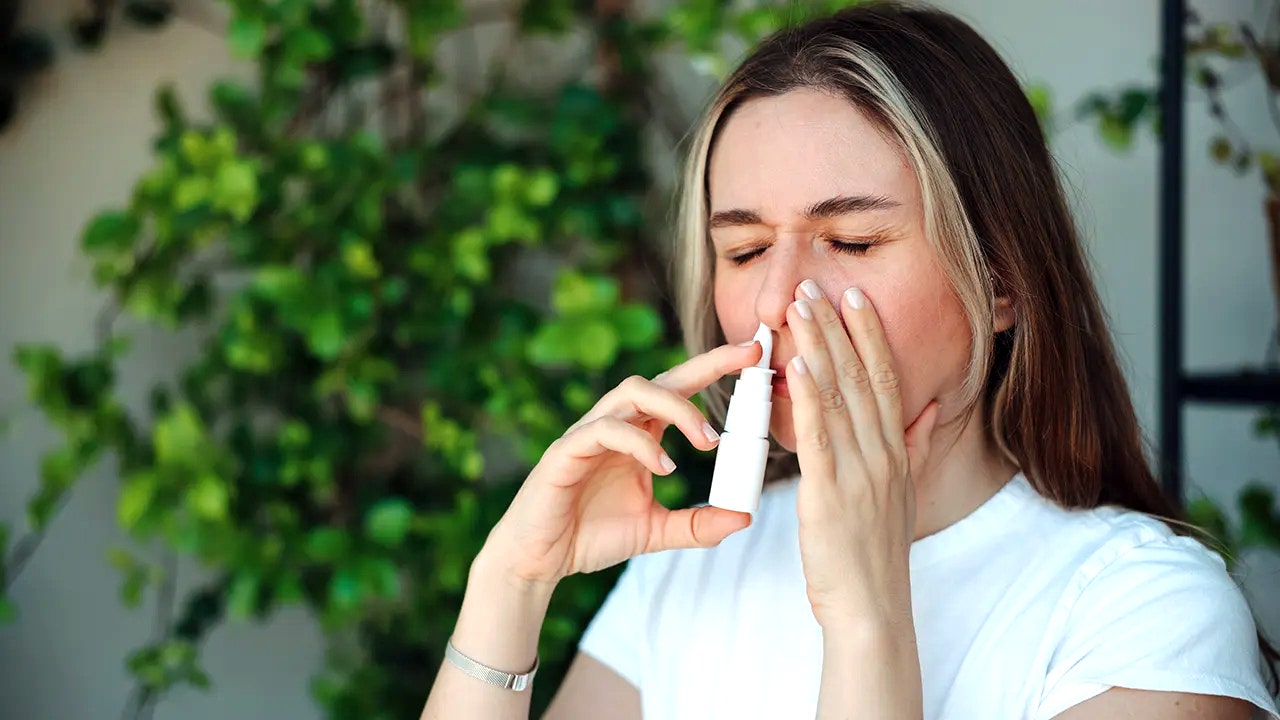Azelastine nasal spray cuts the risk of coronavirus infections, study shows

In a groundbreaking new study conducted by researchers at Saarland University in Germany, a nasal spray has been found to significantly reduce the risk of COVID-19 infection by two-thirds. The clinical trial, which took place at Saarland University Hospital from March 2023 to July 2024, involved 450 healthy adult participants who were randomly assigned to receive either the azelastine nasal spray or a placebo three times a day for 56 days.
The results of the study, published in Jama Internal Medicine, revealed that the percentage of confirmed COVID infections was “considerably lower” among those who received the azelastine nasal spray compared to those in the placebo group. In fact, only 2.2% of the participants who used the nasal spray tested positive for COVID-19, while 6.7% of the placebo group tested positive.
Not only did the nasal spray show effectiveness in reducing COVID-19 infections, but it also appeared to delay the onset of infection and reduce the risk of other respiratory viruses such as rhinovirus. The researchers noted that azelastine has previously been used as a treatment for hay fever and has shown antiviral effects against COVID-19 and other respiratory viruses.
Professor Robert Bals, the chief researcher of the study, emphasized the importance of the findings, stating that the nasal spray could provide an additional preventive measure for vulnerable groups during times of high infection rates or for travel. He also highlighted the need for further research to explore the potential effectiveness of azelastine nasal spray against other respiratory pathogens.
Overall, the study’s results suggest that azelastine nasal spray could be a valuable tool in the fight against COVID-19 and other respiratory infections. As more research is conducted, it may become an easily accessible prophylactic option for those looking to protect themselves during periods of heightened infection risk.
For more health-related articles and updates, visit www.foxnews.com/Health. Stay informed and stay safe.




